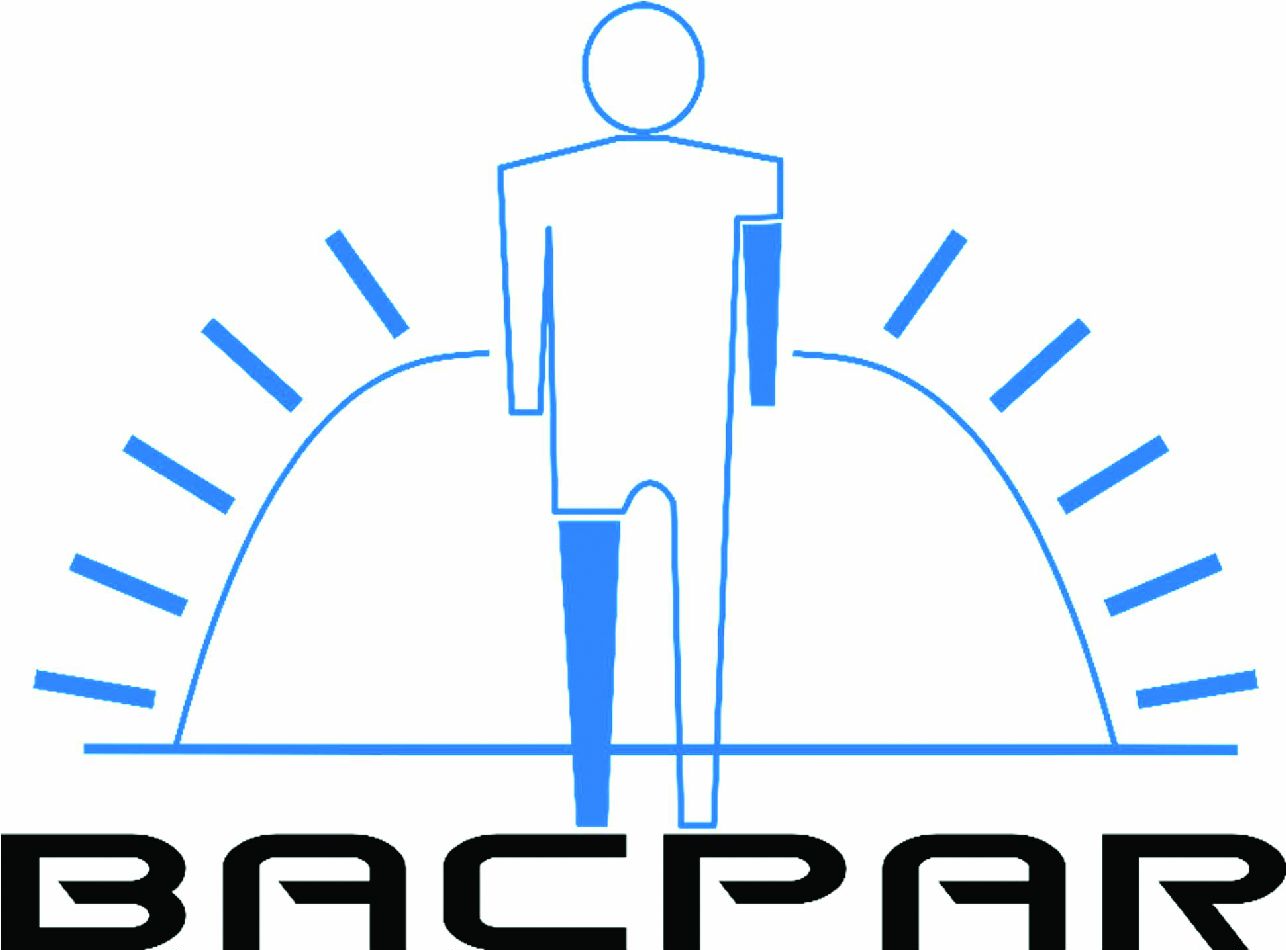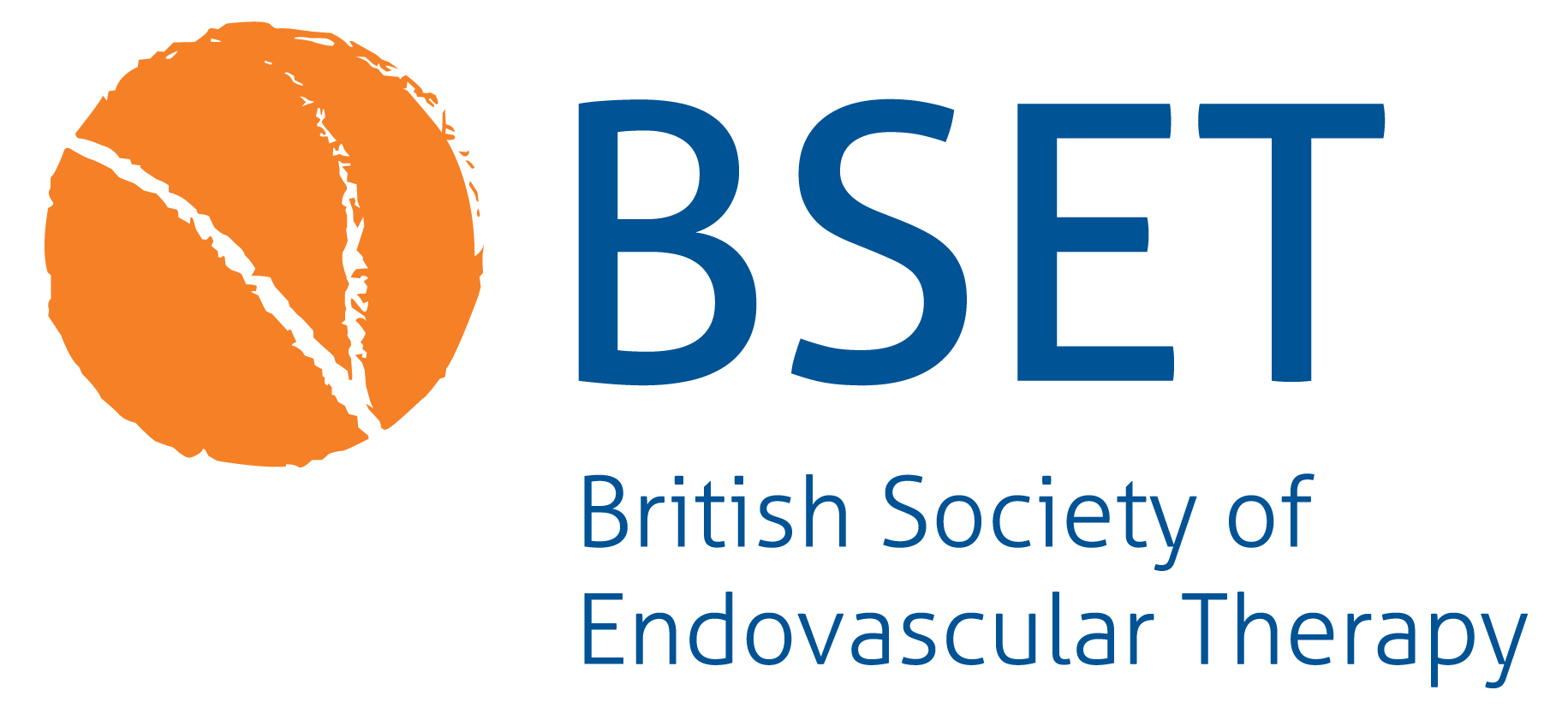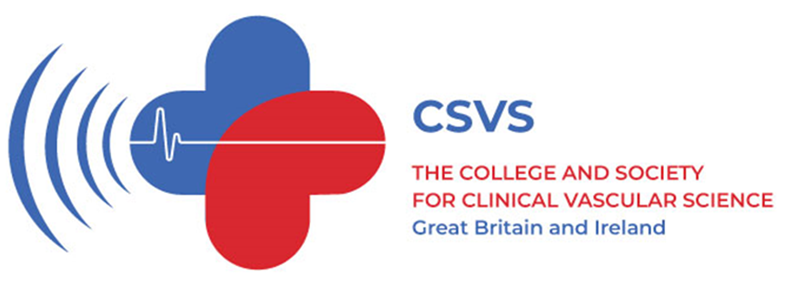Original Research
Nurse-delivered endothermal venous ablation: 12 years’ experience at a single UK centre
Introduction Attention is currently being directed towards the care of patients with venous disease in the UK. Contemporary research supports early intervention of incompetent superficial truncal veins, especially beneficial to patients suffering from venous leg ulceration (VLU). However, there are significant difficulties in the delivery of venous services impeding the implementation of best practice. In…
Read MoreEvaluation of the quality of phantom limb pain information on YouTube
Introduction Pain after amputation is an almost universal symptom in amputee patients with 95% reporting amputation-related pain.1 Of these, phantom limb pain (PLP) is the most prevalent at 80%.1 Increasing numbers of patients are undergoing amputations; an estimated prevalence rate in the UK is 26.3 per 100,000.2 PLP significantly reduces quality of life3 and has…
Read MoreHow do vascular surgery trainees optimise simulation-based learning? A qualitative study
Introduction Vascular surgery has significantly evolved since the turn of the 20th century with a much wider repertoire of increasingly complex procedures expected of the modern surgeon, thus leading to increasing specialisation. Traditionally, vascular surgery was a sub-speciality within general surgery but it has now evolved into its own distinct speciality. In tandem, operative exposure…
Read MoreUnderstanding variation in the management of AAA in the UK: composition and function of multidisciplinary team meetings and information resources provided to patients
Introduction There is marked national1,2 and international3 variation in abdominal aortic aneurysm (AAA) repair practice and, more specifically, in the proportion of patients undergoing open surgical repair (OSR), endovascular aneurysm repair (EVAR) or no repair (conservative management). In 2022, the UK National Vascular Registry (NVR) reported that 59% of 2,744 patients undergoing repair of infrarenal…
Read MoreThoracic outlet syndrome: a survey of operative practice amongst vascular surgeons
Introduction Surgical management for thoracic outlet syndrome (TOS) is undertaken in several surgical specialties including thoracic, plastic, vascular and neurosurgery.1 The reported incidence of TOS is approximately 1–3 per 100,000;2,3 however, despite the uncommon nature of this condition, it can have a significant impact on patients’ quality of life.4,5 Currently, there are no established guidelines…
Read More










